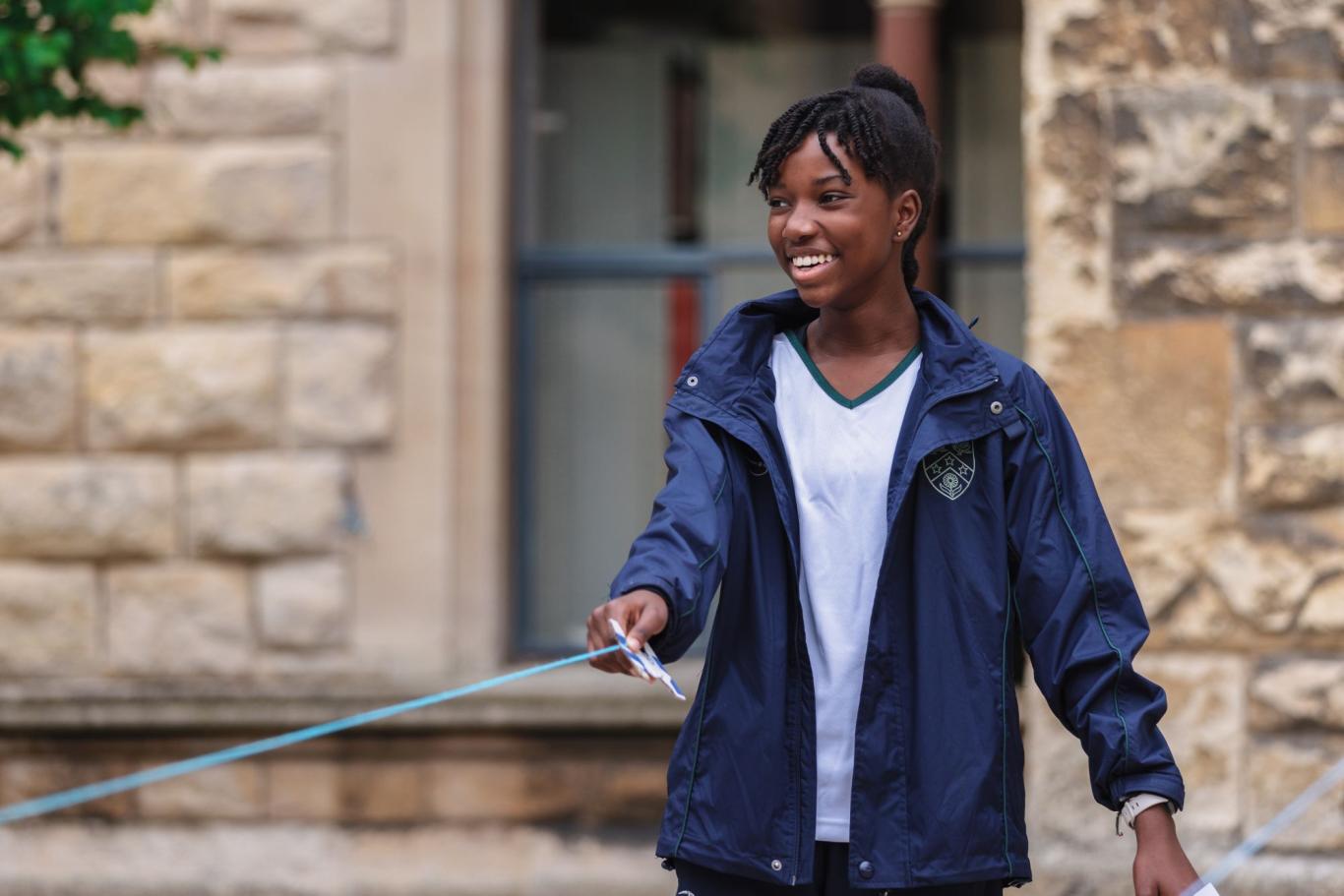“To think and be fully alive is the same.” - Hannah Arendt

We have put together an exciting programme of study that we believe gives pupils a more nuanced understanding of the beliefs and ideas held across the world, as well as the ability to evaluate critically these ideas for themselves. From Plato’s Cave to the Pillars of Islam, from the Buddhist Noble Eightfold Path to Social Contract Theory, from Hindu views of reincarnation to Plato’s approach to reality, pupils will be given the opportunity to encounter and engage with some of the most important ideas that have influenced the way humanity lives and thinks.
Co-curricular activities include our Lower College Philosophy Café, held in the department’s own ‘Café’ common room; Philosophy 101, an Upper College society exploring the role of Philosophy in real life; Philosophy Society, our pupil-led society for Sixth Form College in which pupils are encouraged to discuss, share, challenge and articulate their ideas. Recent additions to the co-curricular programme include ‘PhilmSoc’, the department’s film society, which meets termly either at the Tivoli cinema in town or at a Sixth Form boarding house. We also host a range of trips and events. Pupils visit a range of places of worship including a mosque, synagogue, cathedral, and Buddhist temple. Expert speakers frequently visit College to ensure students benefit from an even wider range of influences.
In LC1 and LC2 pupils engage in a linear study of the comparisons between Islam and Judaism. They investigate the history, beliefs, practices and contemporary issues surrounding three faiths. In LC3, pupils begin to explore ethical, philosophical and theological aspects of beliefs, focusing on comparing the philosophies of the West and East.
Girls can elect to study the AQA GCSE Religion, Philosophy and Ethics, which encompasses a study of Christianity and Buddhism, alongside a study of ethics, drawing together religious and non-religious ideas about issues such as Human Rights, war and peace, crime and punishment, abortion, euthanasia, and wealth and poverty.
Girls can opt to study IB Philosophy or OCR A Level Religion, Philosophy and Ethics. The IB includes study of the question ‘What is a Human Being?’; a primary philosophical text (either Descartes’ ‘Meditations’ or Charles Taylor’s ‘Ethics of Authenticity’ moral philosophy and religious philosophy. The A Level is divided into three sections: Philosophy, Ethics and Religious Thought.
Mr Forward-Davies, Head of Religious Studies and Philosophy
Cookies
We'd like to set cookies to understand how you use this site. We use services such as YouTube, Flockler and Hireroad that may also use third party cookies.
For more detailed information, see our Cookies Policy.
Essential Cookies
We use these for core functionality, such as storing this cookie consent preference. These are loaded automatically and cannot be disabled by the user.
Analytics Cookies
We use Google Analytics to track visits to our website and how users interact with our website. This helps us improve the way our website works.
Personalised Advertising Cookies
We use Google Ads Conversions & Facebook Pixel to measure how you use and interact with our website and with our advertisements.
Our Partners Cookies
These cookies may be set by third party websites and do things like measure how you view videos or other content that is embedded on our site.
NEW SIXTH FORM CENTRE
Our new Sixth Form Centre will provide innovative learning spaces that prepare students for university, work and life. Find out more here.
__________
JOINING IN 2026
Applications for Year 7 in 2026 are closing soon - find out more at our 5th March Virtual Open Evening. For availability at other entry points, please complete our enquiry form and our Admissions team will be in touch.
__________
JOINING IN 2027 OR BEYOND
Book now to join our 21st March 2026 Open Day